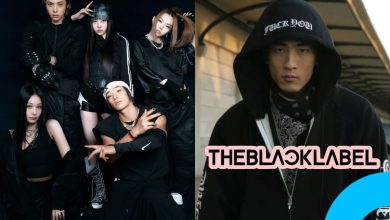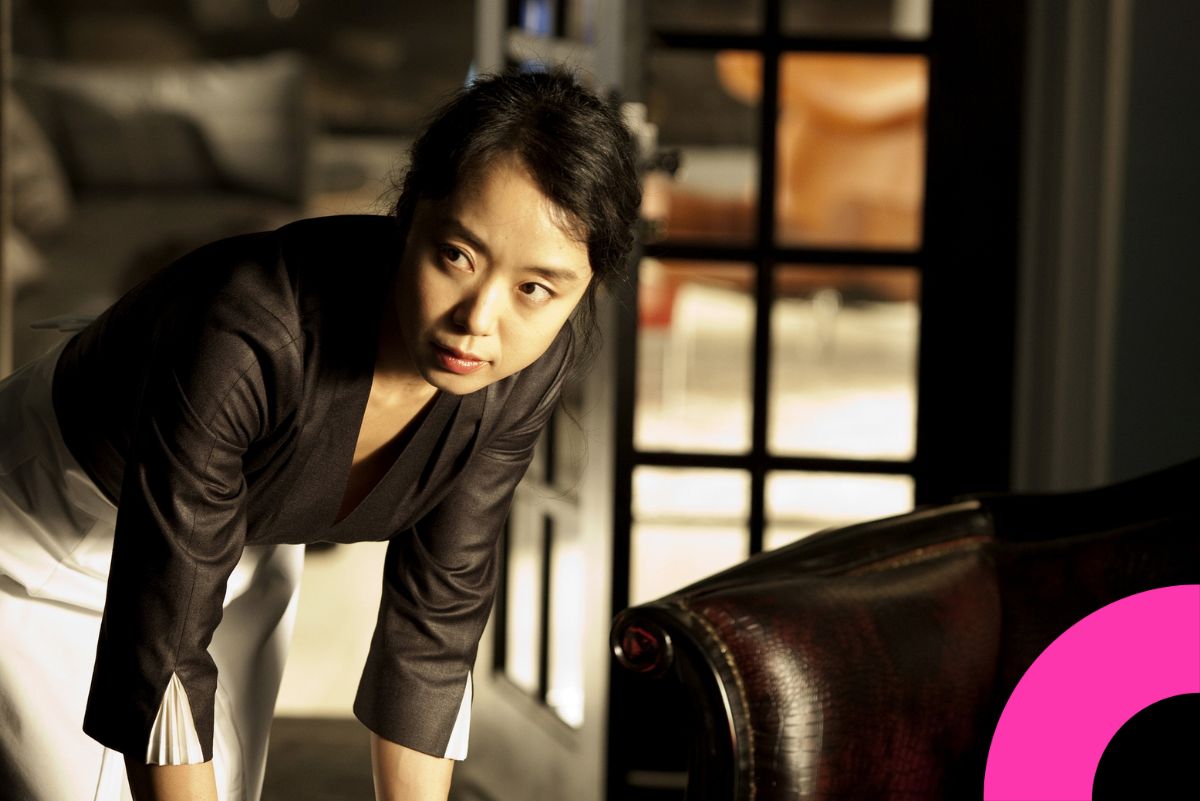
In the 21st century, Korean cinema has cultivated a bold and controversial subgenre of 18+ films, works that go far beyond mere eroticism to explore themes that confront societal taboos, push moral limits, and spark intense conversations around artistic expression and ethics.
Below is Part 1 of a list highlighting five of the most talked-about adult Korean films that left lasting psychological impressions on audiences.
The Isle (2000) – Directed by Kim Ki-duk
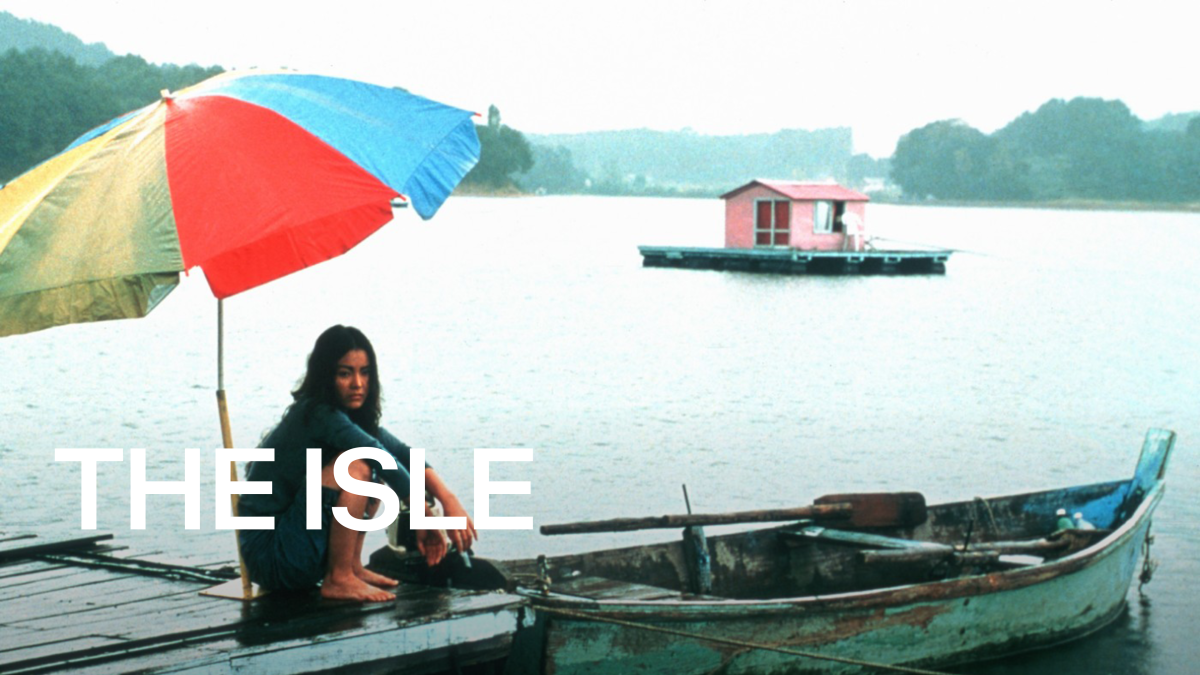
Although released at the turn of the millennium, The Isle continues to be mentioned in 21st-century lists due to its lingering infamy. The film is notorious for scenes that link sexual acts with bodily harm as a twisted expression of love, serving as a symbol of distorted romance.
Director Kim Ki-duk once again explores the boundary between instinct and violence, causing some viewers to walk out of screenings in discomfort. Still, many international critics praised the film as a “poetic provocation,” where beauty and horror coexist in haunting equilibrium.
Moebius (2013) – Directed by Kim Ki-duk
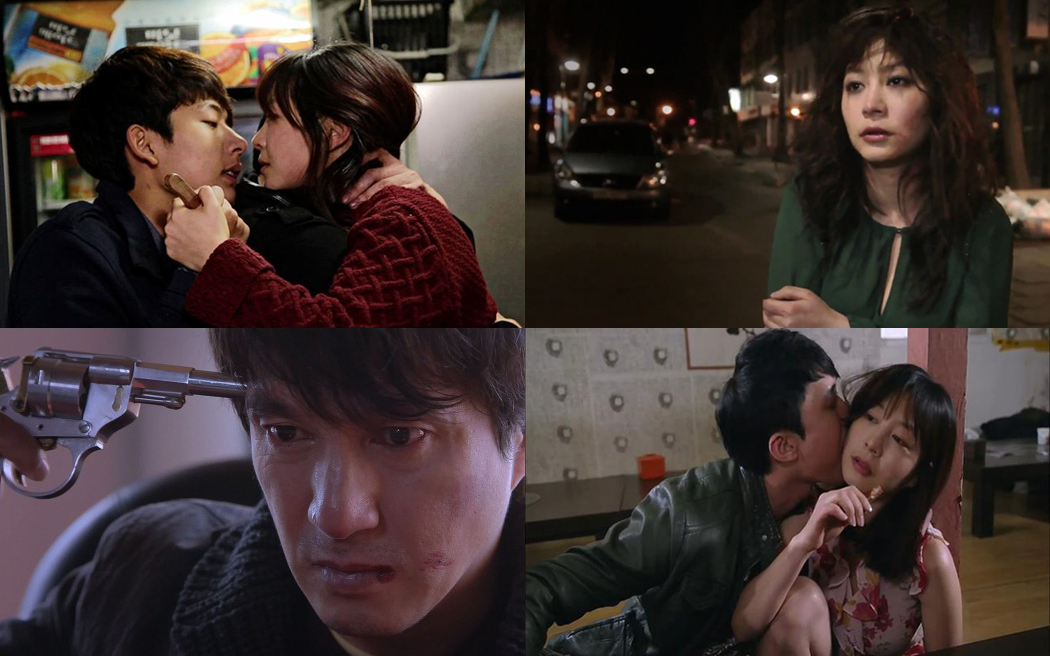
One of Kim Ki-duk’s most extreme and hard-to-watch projects, Moebius was initially banned outright by Korea’s Media Rating Board. The film contains no dialogue but is saturated with disturbing depictions of sexual violence and emotional trauma.
The story follows a shattered family after a wife discovers her husband’s infidelity. In a fit of madness, she harms their son, setting off a nightmarish, tangled journey of pain, guilt, and perverse desire. Despite its shocking content, Moebius was screened at the Venice Film Festival and is often viewed as a disturbing meditation on suffering and lust.
The Housemaid (2010) – Directed by Im Sang-soo
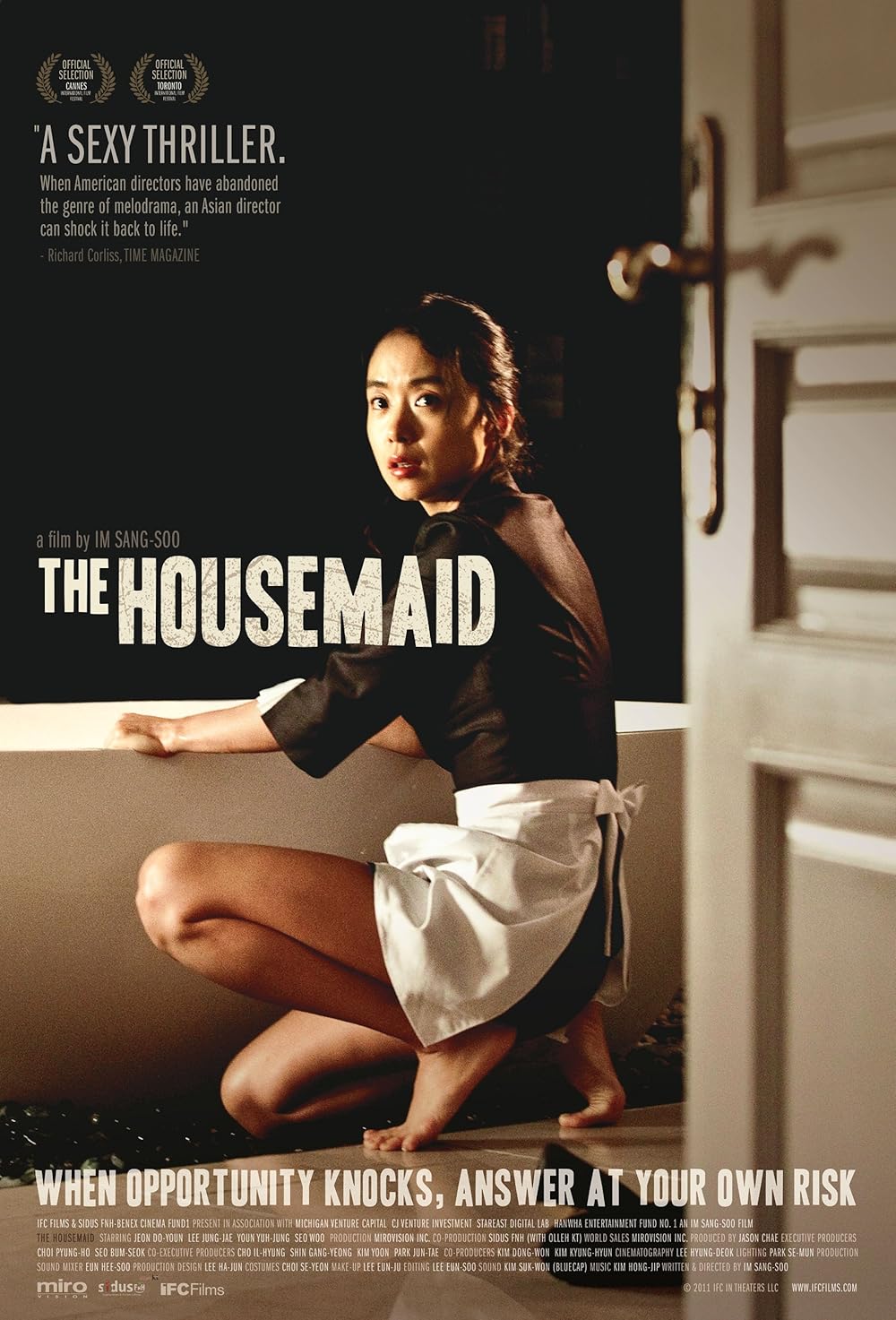
A modern remake of the 1960 classic, the 2010 version of The Housemaid shocked viewers with its raw eroticism and biting critique of Korea’s elite class.
The film follows Eun-yi, a live-in maid entangled in a toxic relationship with the wealthy family she serves. Its unflinching sex scenes, tragic ending, and exploration of class inequality sparked fierce debate, especially as Korean society faces growing polarization. The film remains a piercing look at the abuse of power and the fragility of those without it.
A Good Lawyer’s Wife (2003) – Directed by Im Sang-soo
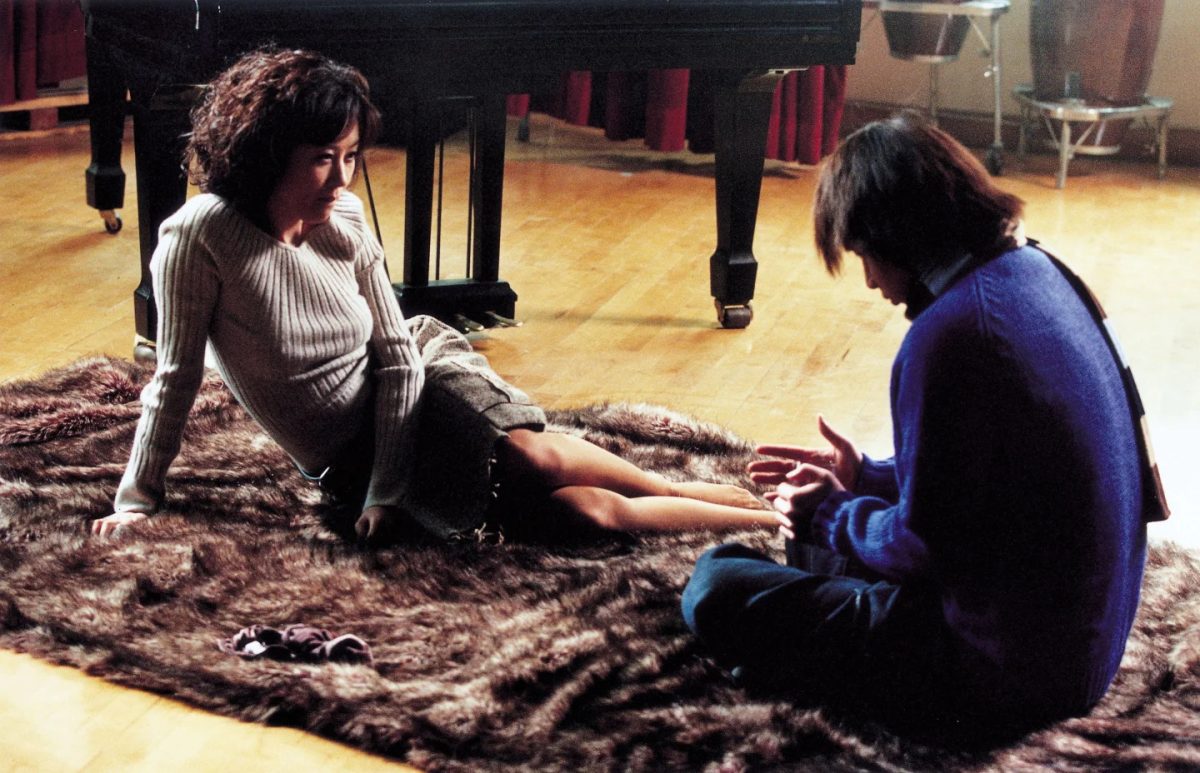
Another provocative work by Im Sang-soo, this film takes a deep dive into the emotional void within modern marriage. Featuring numerous explicit scenes, including those involving an underage character, A Good Lawyer’s Wife was slammed by some for “crossing the line.”
The film dissects the quiet collapse of what appears to be a perfect family. The female protagonist finds herself trapped between an emotionally distant husband and her own intensifying desires. Despite the backlash, the film earned recognition at international festivals such as Venice for its raw, unfiltered portrayal of adult life.
B.E.D (2012) – Directed by Park Chul-soo
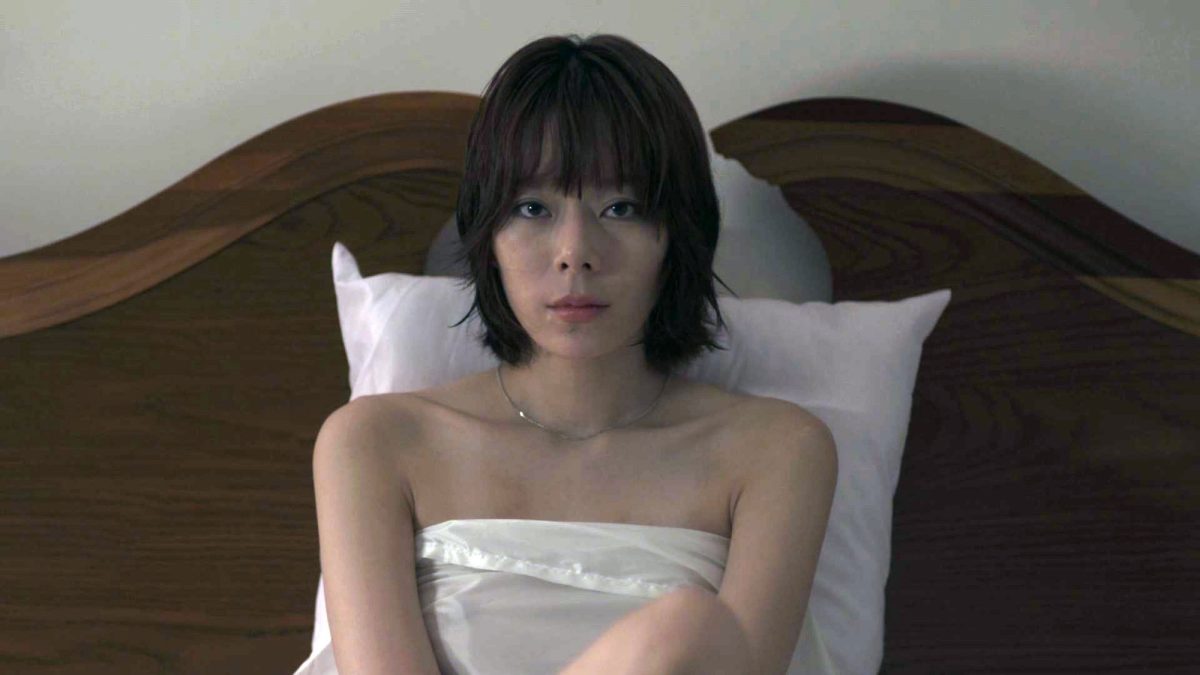
This indie film made headlines for its near-unfiltered sex scenes, some of which appeared to lack any acting, leading to speculation about whether the sex was real. B.E.D is named after its three main characters, Baek, Eun, and Do, whose stories unfold across three chapters that depict obsession, betrayal, and emotional emptiness.
Beneath its artistic veneer, the film offers relentless portrayals of sex, dimly lit settings, and harsh audio realism. While many Korean critics denounced it as exploitative, some viewers admired its unflinching honesty and artistic courage.
These five films aren’t just defined by their explicit scenes, they’re raw explorations of human vulnerability when desire eclipses judgment. Unapologetically bold and often unsettling, they reflect a fearless side of Korean cinema that isn’t afraid to confront uncomfortable truths, challenge societal norms, and leave audiences deeply shaken.
